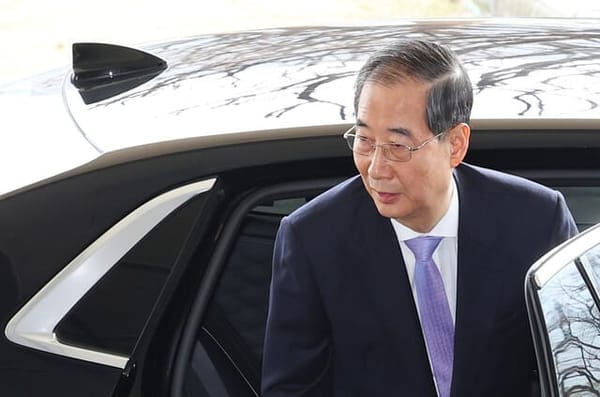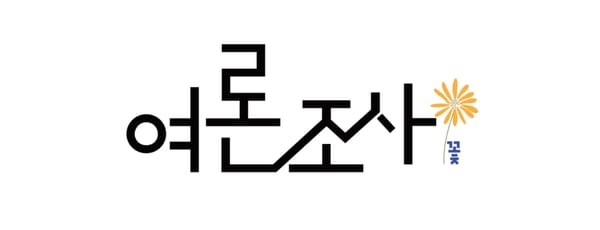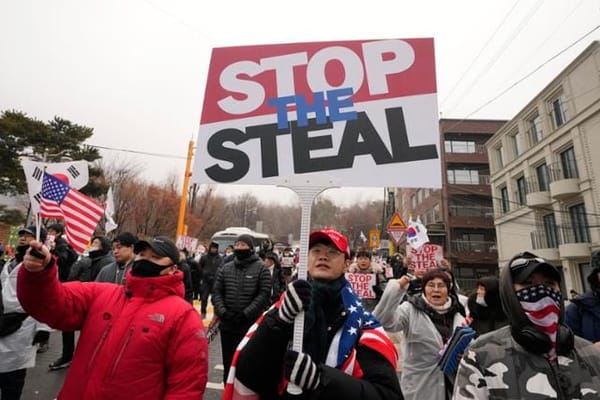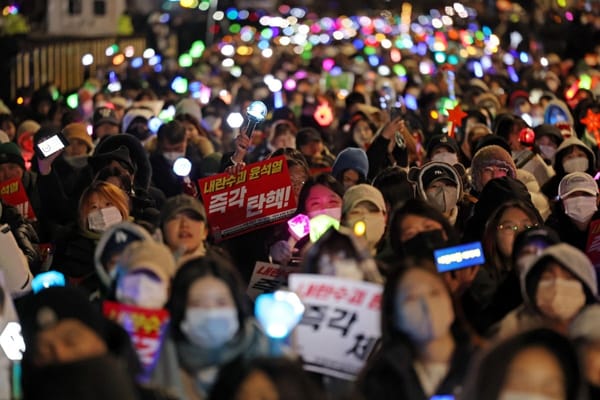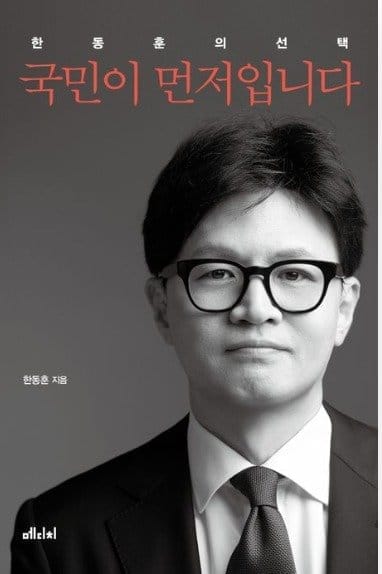Photo: Lee Jun-seok (left) with Yun Seok-yeol in Busan, with a cake that says: "95 days from today, let's go." Credit: People Power Party.
Like Ferris Bueller, the young People Power Party chairman Lee Jun-seok 이준석 국민의힘 당대표 decided to take a day off. Lee had been publicly feuding with the PPP presidential nominee Yun Seok-yeol 윤석열 국민의힘 대선후보 on virtually every topic: the overall strategy; the camp’s personnel decisions; and Yun’s unwillingness to bring in veteran campaigner Kim Jong-in 김종인 to assume a suitable position. Since Yun won the PPP primary on November 5, Lee has been criticizing that “hyenas” were gathering in Yun’s camp. In response, Yun’s camp began cutting Lee off the campaign trail. As Yun toured through Sejong 세종 and Daejeon 대전 on November 29, Lee was not notified of Yun’s schedule.
The final straw, apparently, was the Yun camp’s decision to recruit Lee Su-jeong 이수정, a celebrity criminal profiler who has spoken up about sexual assault against women. Lee Jun-seok, who became the youngest ever chairman of a major party on the back of young men fueled by misogyny, objected to Lee Su-jeong. (See previous coverage, “The Rise of the Incels.”) On November 29, Lee Jun-seok said: “I strongly question whether [Lee Su-jeong] is consistent with the direction that our party has maintained.” The next day, Lee Jun-seok suddenly canceled all his scheduled events and disappeared, leaving only a cryptic message on his Facebook page: “Fine, then this is the end” 그렇다면 여기까지입니다.
The next day, Lee Jun-seok re-emerged in Busan 부산, in a move reminiscent of another very public conservative feud from 2016. At that time, protesting then-President Park Geun-hye 박근혜’s commandeering of the conservative party (then called Saenuri Party 새누리당) in advance of the National Assembly elections 총선, party chairman Kim Mu-seong 김무성 took the seal of the party and fled to Busan, in an infamous incident later dubbed “the Seal Run'' 옥새 런. As Lee Jun-seok continued his jaunt through the southern coast of Korea, visiting Suncheon 순천, Yeosu 여수, Jeju 제주 and Ulsan 울산, emotions ran high in Yun Seok-yeol’s camp with some of Yun’s supporters at a rally demanding that Lee be “shot on sight.”
The feud between Yun Seok-yeol and Lee Jun-seok represents the clash of the two main strains within South Korea’s conservatives: the stalwarts of the southeast versus the “new conservatives” of Seoul. (See Starter Kit: “Basics of South Korea’s Political Parties.”) In the southeastern provinces of Gyeongsangbuk-do 경상북도 and Gyeongsangnam-do 경상남도, the traditional model of South Korean conservatism based on anti-communism, dictatorship nostalgia and regional bigotry against the southwestern provinces remains strong, and has found Yun Seok-yeol to be its champion. Meanwhile, Lee Jun-seok, as a young conservative, has sought to establish the future of conservatism by mobilizing young men via misogynistic grievance politics. Lee is often paired with Kim Jong-in because Kim’s signature strategy, namely attracting centrist urban middle class into the conservative fold by emphasizing “economic democracy” 경제민주화, is consistent with Lee’s.
In the end, Yun Seok-yeol and Lee Jun-seok met in Ulsan to make up, four days after Lee left Seoul. Kim Jong-in said he would also join Yun’s camp. But embers remain; Yun Seok-yeol, a former Moon Jae-in administration official, has a weak hold on his faction within the party, which can always revolt if they deem that Lee’s faction is encroaching on their turf. Meanwhile, Yun’s “convention bounce” is all but over; his double-digit lead immediately following the nomination is gone, as major polls are beginning to show Yun as essentially tied with the Democratic Party nominee Lee Jae-myung 이재명. (See Weekly Polls below.) A group of young PPP supporters, disappointed with the Yun-Lee feud, declared on December 2 that they would support Lee Jae-myung instead. In the poll conducted by KSOI from December 3 to 4 (in which Yun led Lee overall, 41.2% to 37.9%), the support for Yun among voters in their 20s crashed by 13.6%.



